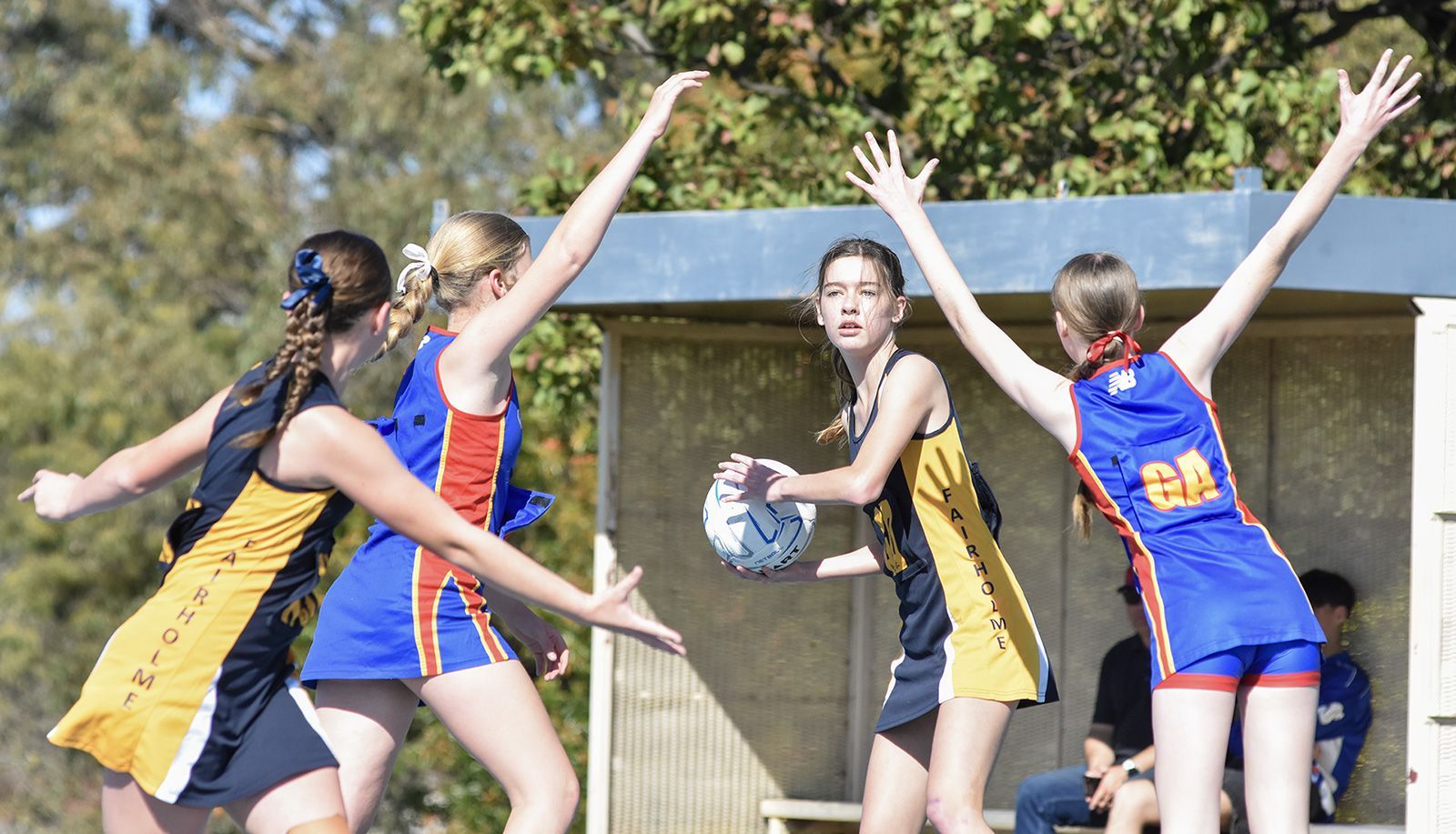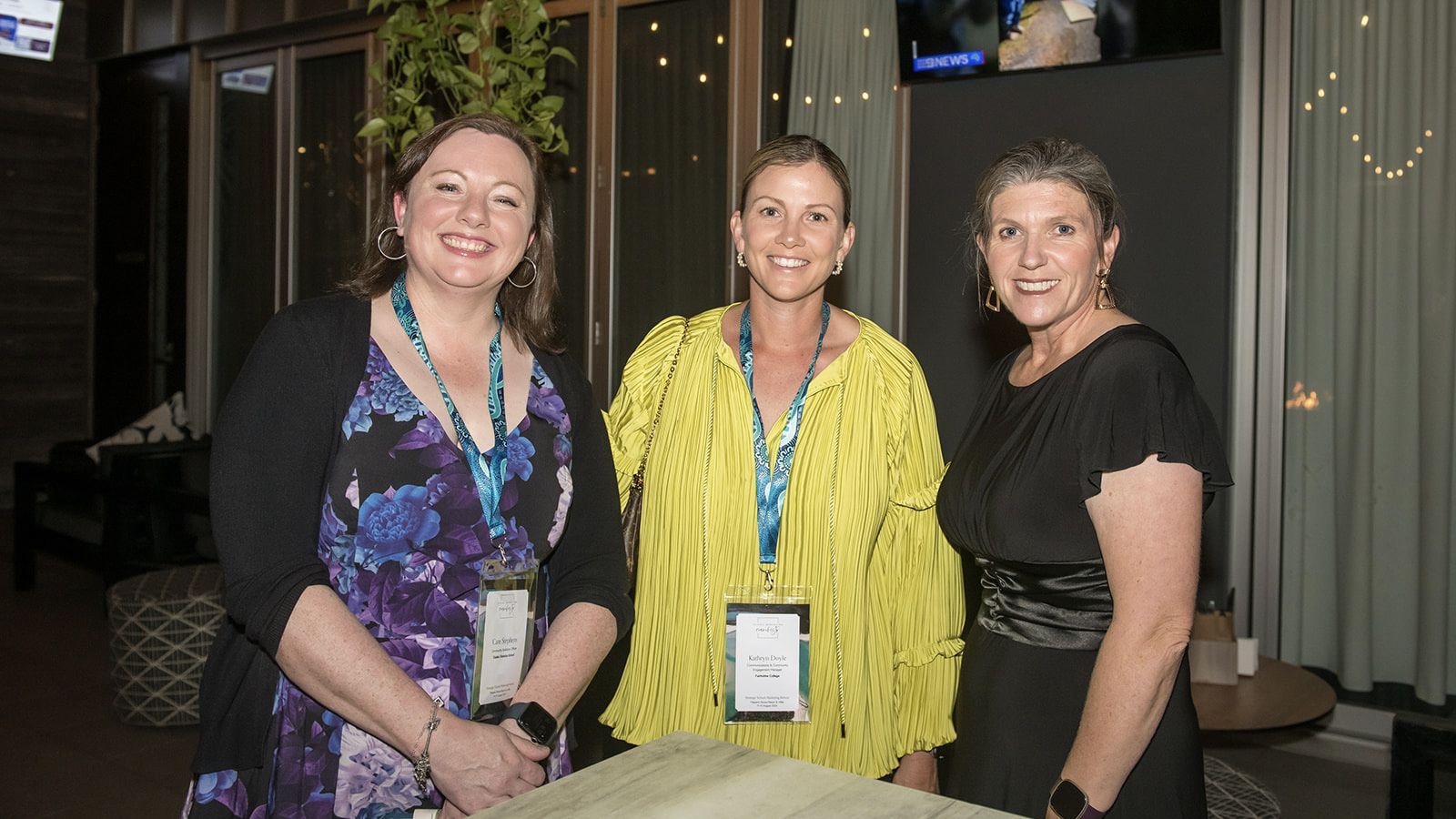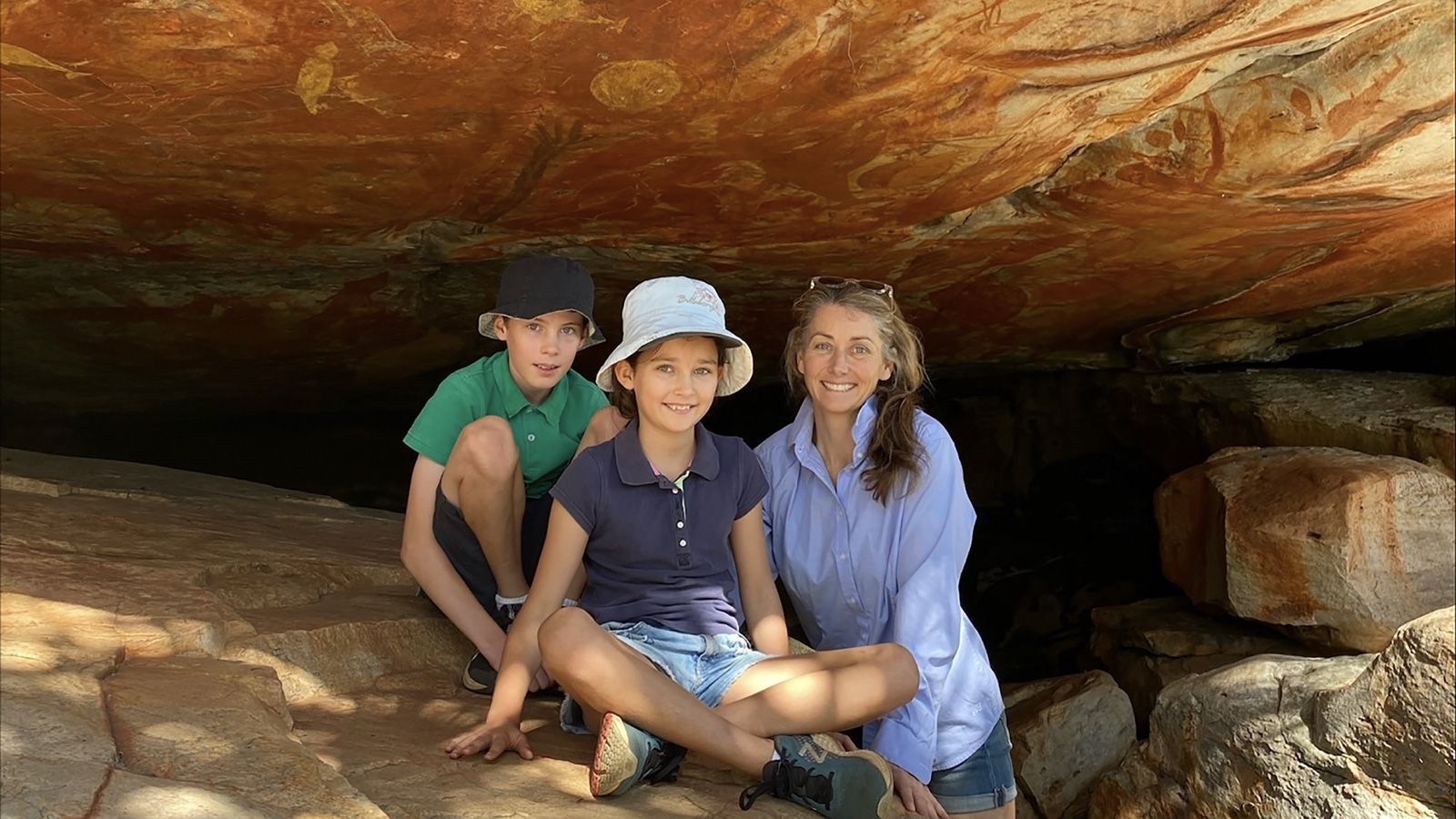On the pathway to success beyond the school gates
Thanks to the Â鶹ÊÓƵPathways Program, Year 11 student, Amelie Moore, is heading into Year 12 with the peace of mind of a guaranteed ATAR result.
Commencing a Certificate III in Education Support in Year 10, Amelie Moore is now fully qualified as an Education Support worker and has secured herself an ATAR rank of at minimum 68.
Amelie’s passion for working with children lead her to choose the Certificate in Education Support and through completion of the course, she has been able to get a feel for what a future career in teaching may be like.
‘Doing a certificate while in school is a great option as it helps you decide if you want to do this as a career,’ Amelie said.
‘I completed most of the course in Year 10. I found it was a lot easier to get it done in Year 10 than Year 11, to fit in with workload and we had dedicated periods in the morning to do it.
‘I’ve not only received a qualification, but it’s also given me a guaranteed ATAR which will help me get into university.’
Fairholme’s Pathways Coordinator, Laura Anderson, is extremely proud of the opportunities the Pathways Program provides to students.
‘The Certificate III in Education Support is just one of the many Pathway Programs available to Â鶹ÊÓƵstudents in Years 10, 11 & 12.
‘By beginning a Pathway Program early in the girls’ senior schooling, it ensures they can make informed career and subject choices, having ‘tasted’ or experienced an area of interest outside the traditional subject offerings,’ Ms Anderson says.
‘Through completion of the Certificate III in Education Support, Amelie has already guaranteed herself an ATAR rank and has been afforded eight Queensland Certificate of Education (QCE) points.’
‘If I’m studying at uni and want to get a job, this also gives me the option to work as a Teacher Aide or if I go overseas, I can use the experience to become a Nanny or Governess,’ Amelie adds.
Amelie says that she enjoyed the practical hours she completed as part of the course. ‘I did the 100 prac hours here on campus at the Junior School which made it really easy to get that part finished.
‘I did my prac with the Year One class and some work experience hours with the Year Two class. It was really fun, and the children seemed to really like having a young Teacher Aide working with their class.
‘When I finished my work experience, every girl did a drawing for me, and I received all of their drawings in a big folder which was really nice.’
In addition to the technical components of the course, Amelie found the practical experience helped her to learn important soft skills that will give her an edge when entering the workforce.
‘Doing the certificate taught me a lot of things other than just teaching. It taught me a lot about how to deal with different types of people and working with people with disabilities.’
We wish Amelie all the best as she heads into her final year at Â鶹ÊÓƵand can’t wait to see where Amelie’s passion for education takes her over the coming years.
More News…






